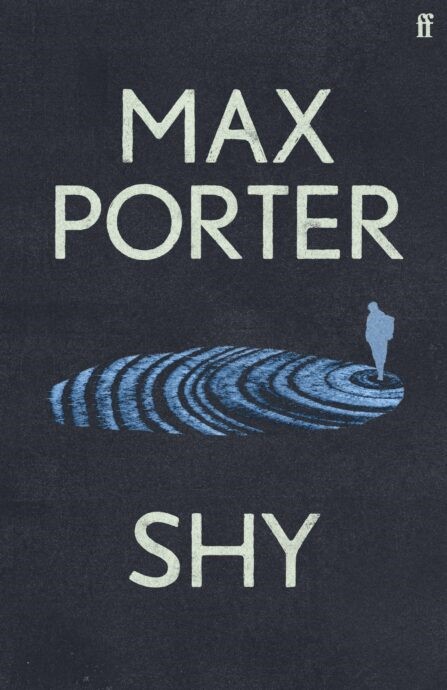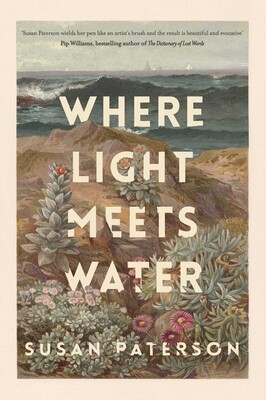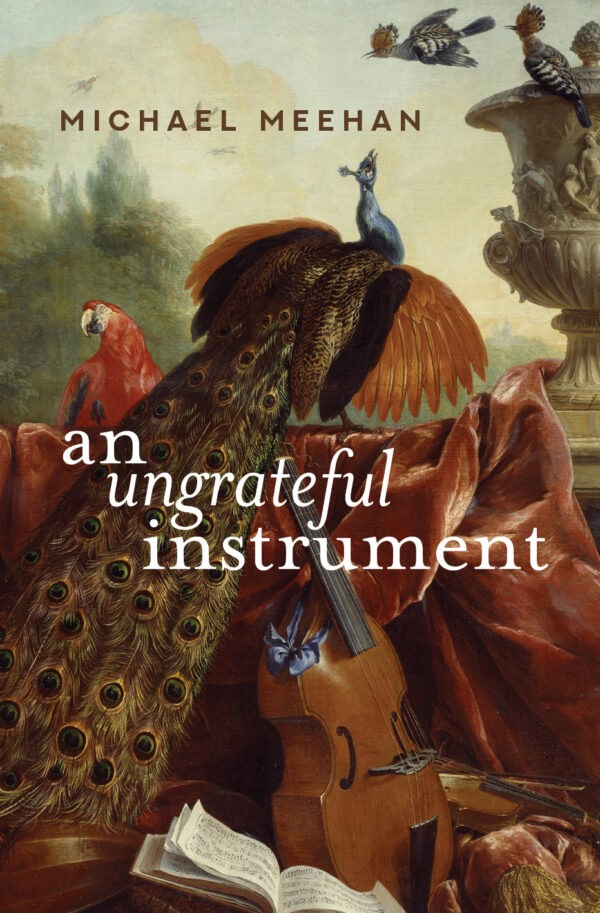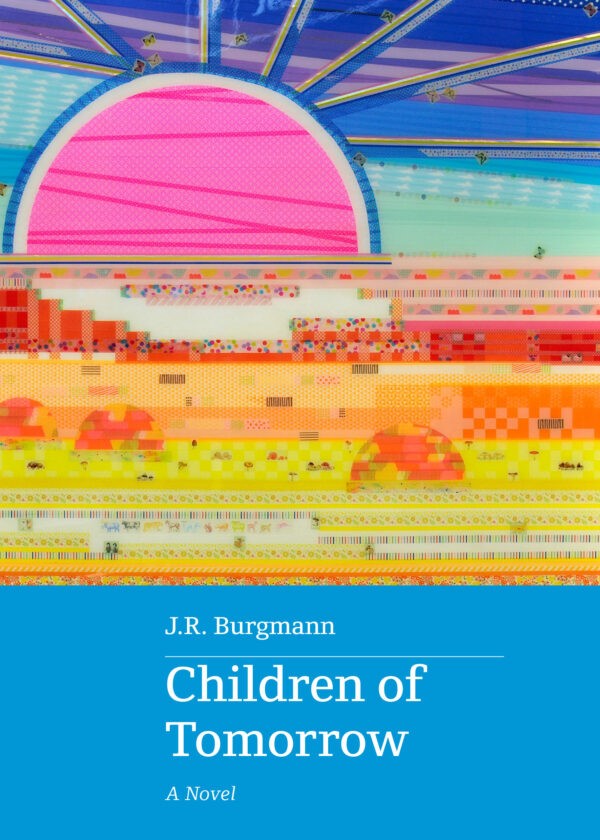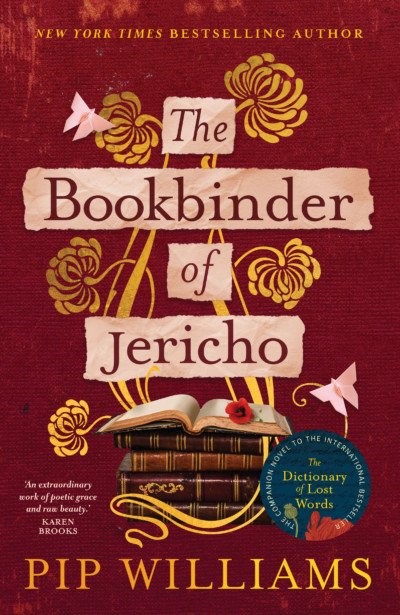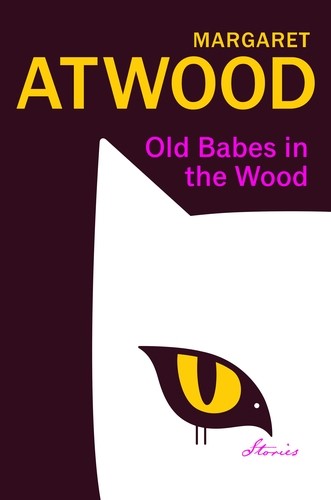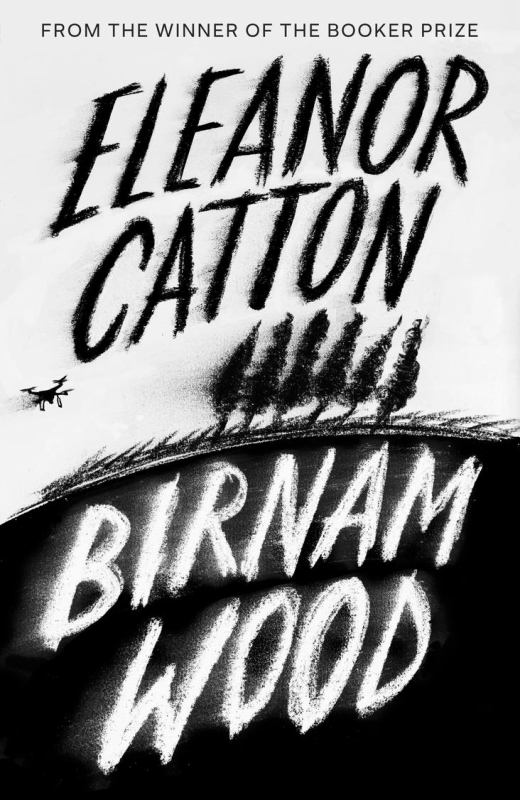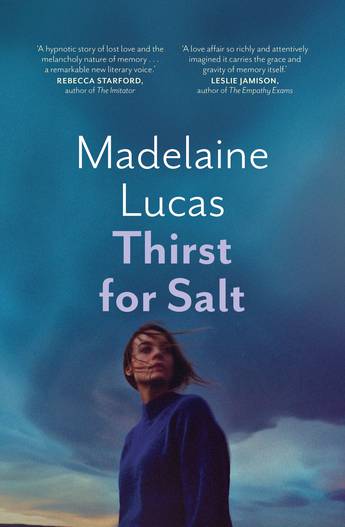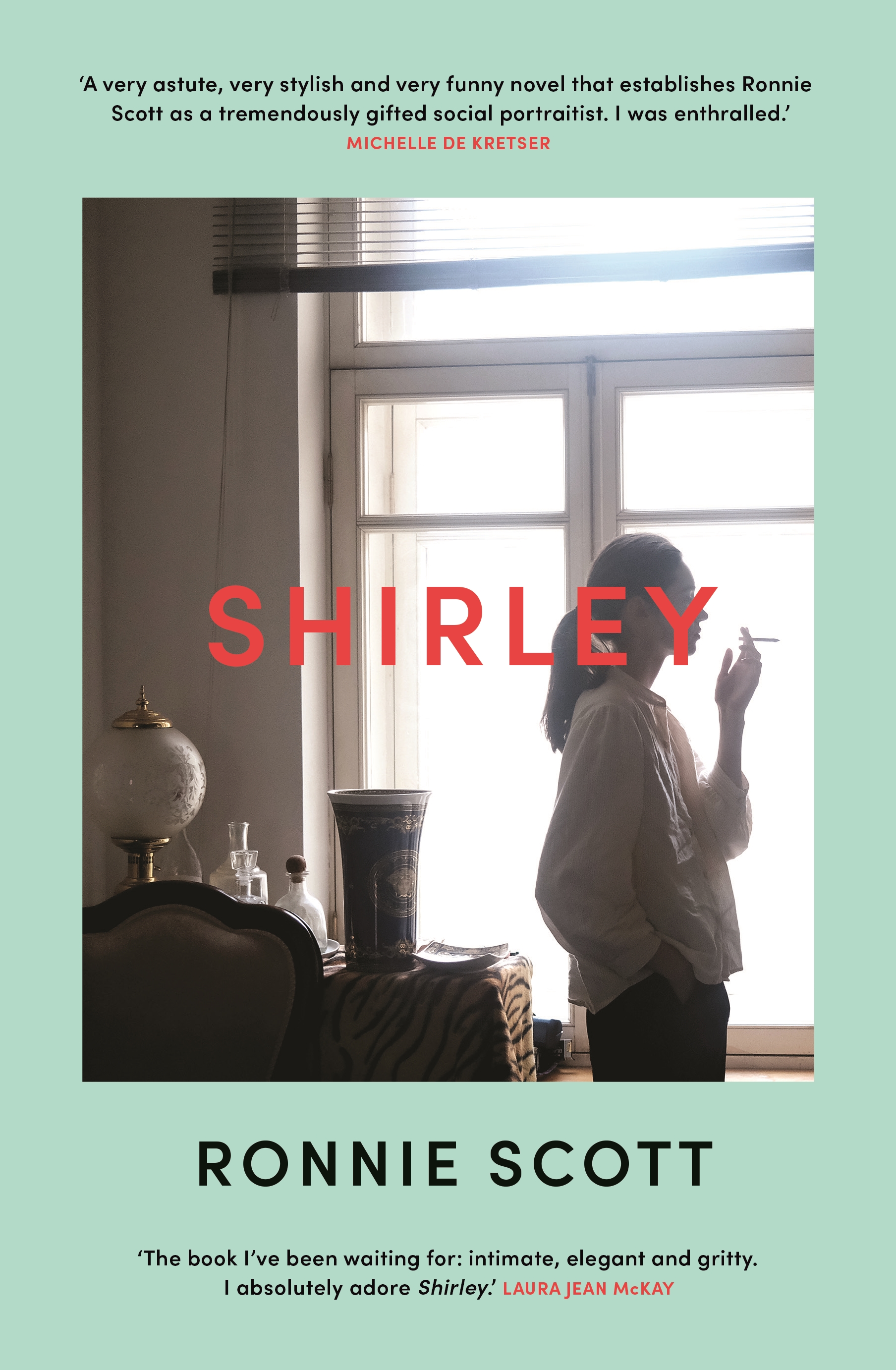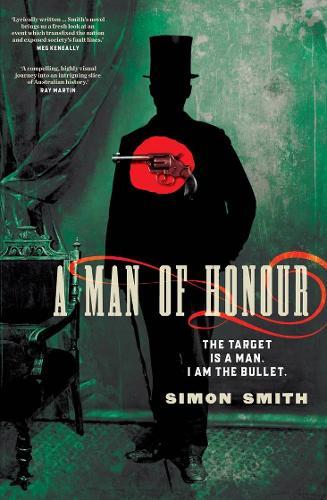Fiction
In his preamble to a playlist for Faber Radio, Max Porter writes: ‘So much injustice but so much beauty, life is short and strange and I better run upstairs and tell these noisy little shits [my children] how much I love them.’ The quote would be an apt epigraph for Porter’s splendid new novel, Shy. The story of a troubled teen (Shy) who lives in a special education facility housed in a ‘shite old mansion … in the middle of bumblefuck nowhere’, Shy is a concise and compassionate piece of writing, one that reveals, within the ‘brambly and wild’ existence of a group of psychologically damaged boys, moments of spine-tingling transcendence.
... (read more)Susan Paterson’s first novel, Where Light Meets Water, offers readers the various pleasures of the traditional Bildungsroman. Spanning the years 1847 to 1871, it centres on the life of Thomas Rutherford, a man torn between devotion to his work as a mariner and an abiding passion for painting seascapes. The predominant use of an omniscient narrator provides unfettered access to his conflicted inner life and, less frequently, to that of his spirited wife Catherine. The vivid depiction of a host of global settings, including London, the markets of Calcutta, Melbourne during the gold rush, and an increasingly prosperous Dunedin, adds to the effect of a densely particularised and amplified world. Immersive and absorbing, the novel is a triumph of the old-fashioned art of verisimilitude.
... (read more)Subtler in its purring resonances than the cello and more closely resembling the human form in its body, the viola da gamba was cultivated to its greatest heights in the court of Louis XIV. The great virtuoso Marin Marais will be the most familiar name for any who are acquainted with this instrument, but two later figures of equal ability were Antoine Forqueray and his son, Jean-Baptiste. Tumultuous in their relationship, they become the rather unexpected subject of a compelling new novel by Michael Meehan.
... (read more)James Burgmann-Milner (writing under the suitably sci-fi alias J.R. Burgmann) knows his cli-fi, or climate fiction. A teaching associate at the Monash Climate Change Communication Research Hub, he received his PhD for research on the representation and communication of anthropogenic climate change in literature and other popular media. He is the co-author of Science Fiction and Climate Change: A sociological approach (2020) and has also contributed several insightful reviews of cli-fi works in ABR in recent years, including those of Ned Beauman, James Bradley, Kim Stanley Robinson, and Richard Powers.
... (read more)First, a confession. I am one of a tiny minority of readers who were underwhelmed by Pip Williams’s first novel, The Dictionary of Lost Words (2020). I thought it a splendid idea, one undermined by facile messages about how women’s words were ignored by the men who recorded our language and its meanings. Clearly, I was in a minority: Dictionary became an international bestseller, one of the most successful Australian novels ever published. Friends raved about it. I wondered what I wasn’t getting.
... (read more)Margaret Atwood is fond of repeating the adage that creative writing is ‘10 percent inspiration and 90 percent perspiration’. The same can be said of reading Atwood’s latest story collection, Old Babes in the Wood. When a writer is so venerated, there is a risk of both authorial and editorial complacency. The book’s back cover features this excerpt: ‘My heart is broken, Nell thinks. But in our family we don’t say, “My heart is broken.” We say, “Are there any cookies?”’ This reminded me of one of those film trailers where you wonder: if these gags made the promo, how bland is the rest? If a story collection is like a box of cookies, I’m afraid these are mostly half-baked (if not a little stale and crumbly).
... (read more)Eleanor Catton’s Birnam Wood is a thriller that, for much of its length, privileges reflection over action. Thus, when aspiring journalist Tony Gallo makes it back to his car after multiple threats to his life, does he speed away from his potential assassins in search of safety? He does not. Instead, he has a good long ponder.
... (read more)While the terms ‘romance’ and ‘novel’ are entangled at their origins, romance novels have been traditionally disparaged as formulaic and frivolous, feminine and anti-feminist. Nevertheless, romance is the most popular genre in the world. Harlequin reportedly sells two books every second. In recent times, scholars have given the genre serious attention.
... (read more)The unnamed narrator of Ronnie Scott’s second novel, Shirley, is a socially engaged thirty-something foodie from Melbourne’s inner north. She works as an internal copywriter for a health insurance company. She has an encyclopedic knowledge of the vegan-friendly bars and eateries within a five-kilometre radius of her small apartment in trendy Collingwood. She also cooks: scrambled tofu and vegan chorizo soup; Korean vegan pancakes and Cantonese soy sauce noodles; pan-fried gnocchi with blended basil and gochujang. She might wash these down with a glass of wine or whisky, or even a michelada, followed by the occasional menthol cigarette. She has been confined to her apartment alone for 262 cumulative days of lockdown (‘and the wild, long days that have fallen between them’), imposed by the Victorian government to curtail Covid-19. She also happens to be the daughter of a celebrity.
... (read more)A Man of Honour by Simon Smith & The Death of John Lacey by Ben Hobson
In recent historical fiction, women authors have explored the Australian past from a female viewpoint, as in Kate Grenville’s A Room Made of Leaves (2020), focusing on Elizabeth Macarthur, and Anita Heiss’s Bila Yarrudhanggalangdhuray, River of Dreams (2022), about Wagadhaany, an Indigenous woman from the Murrumbidgee River. As if in response to such potent novels, now comes a trio expressing historical masculinity.
... (read more)
